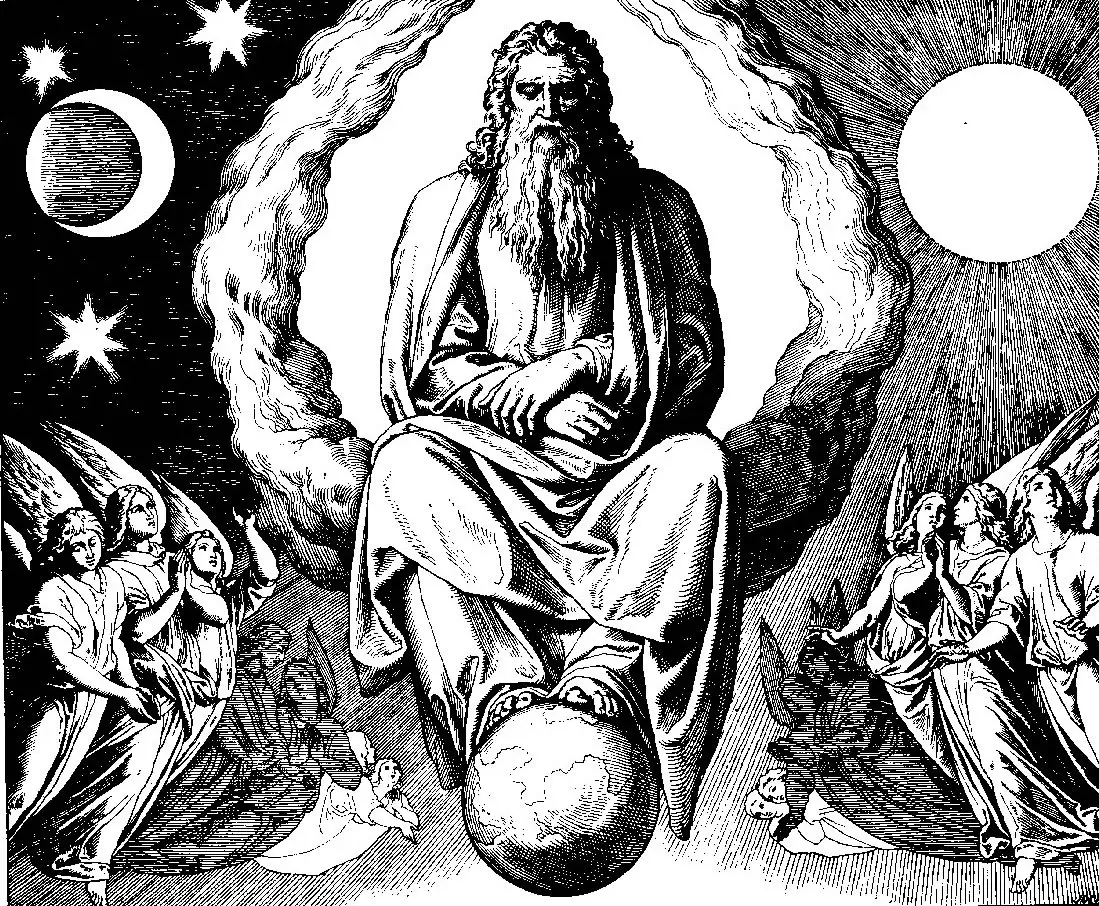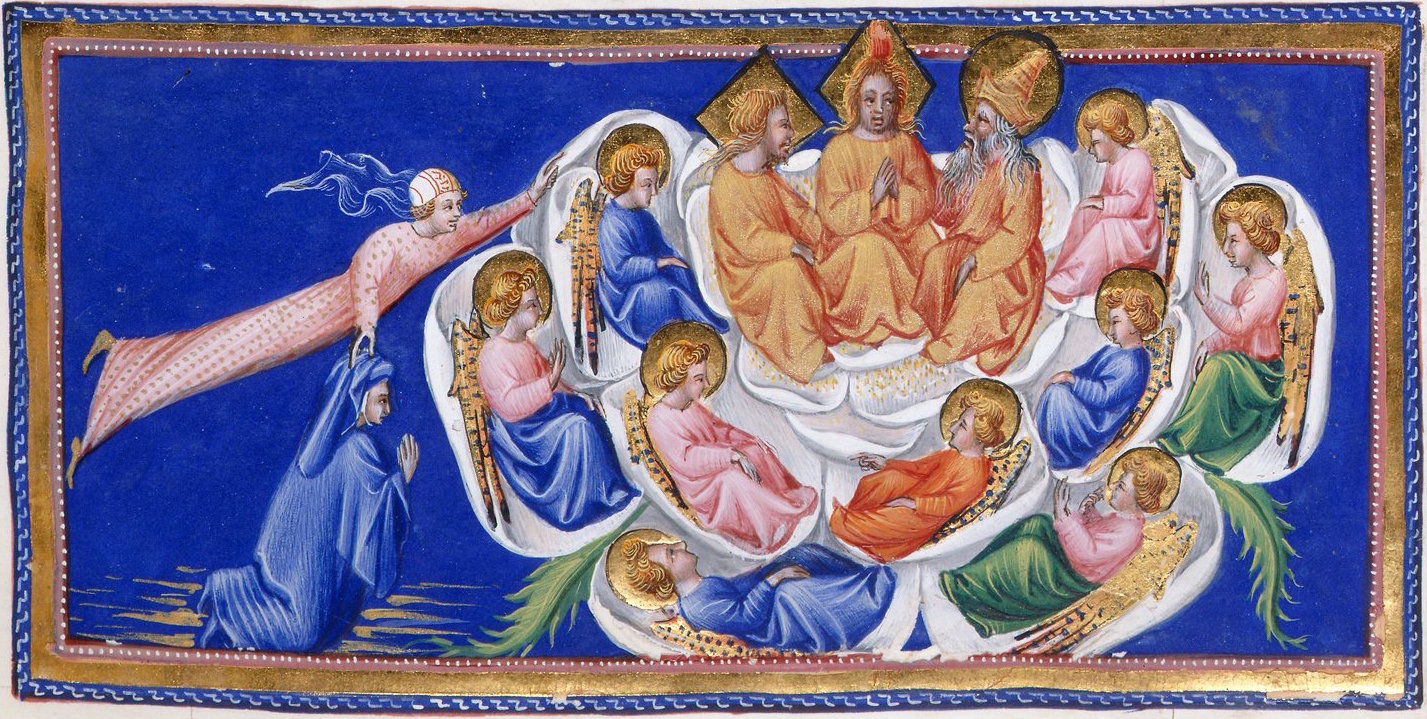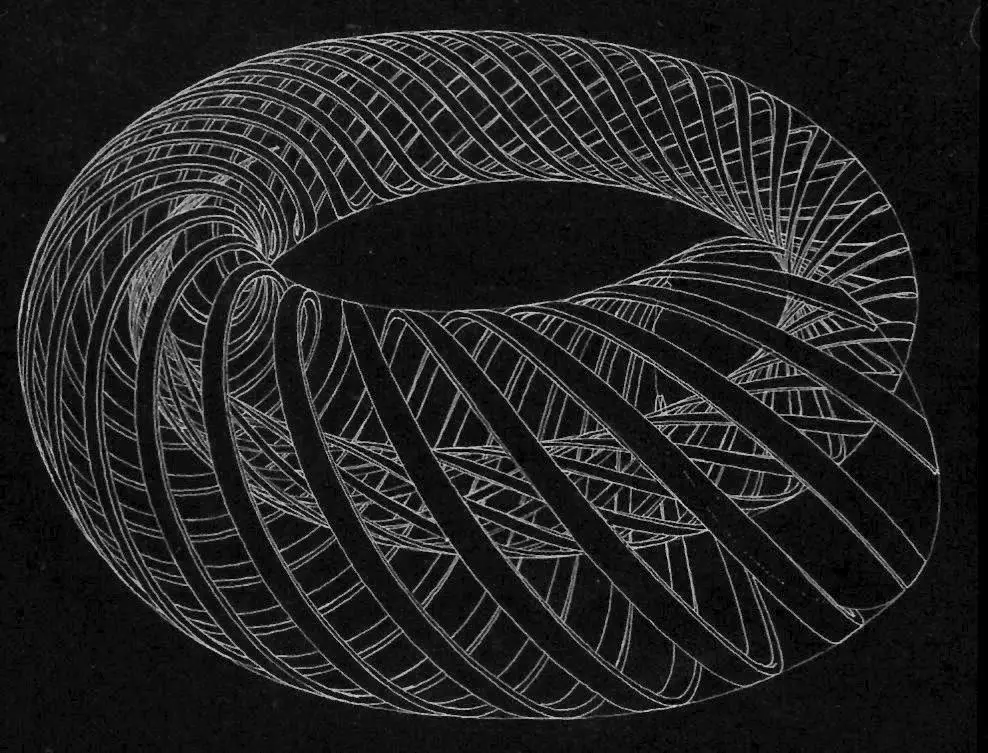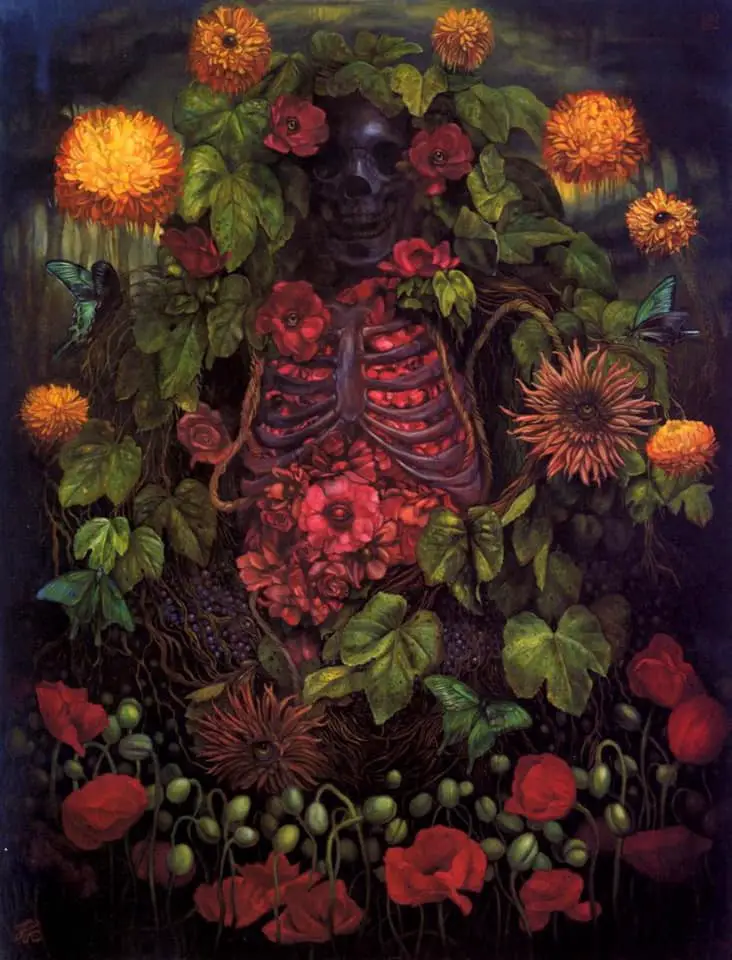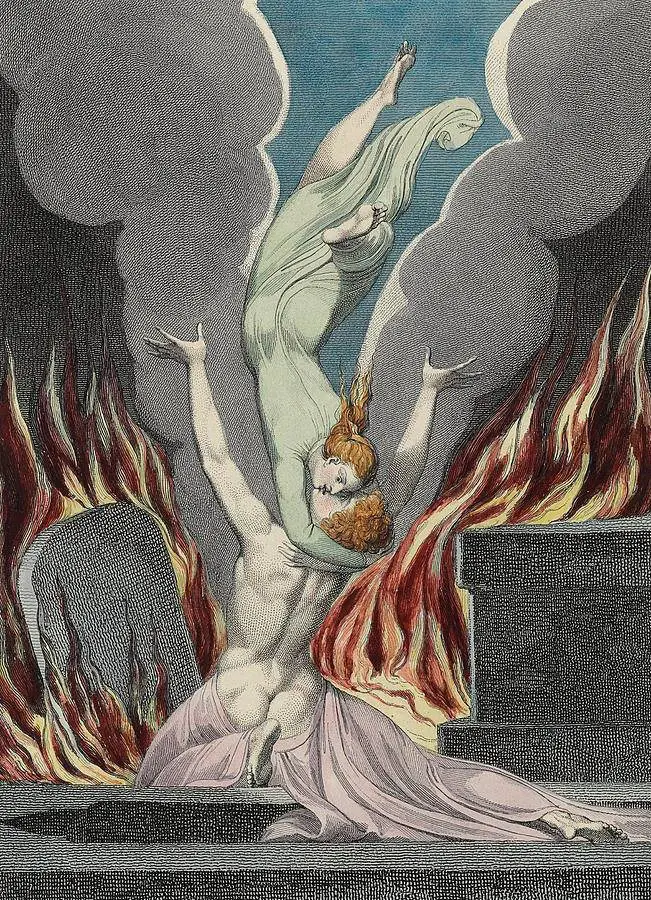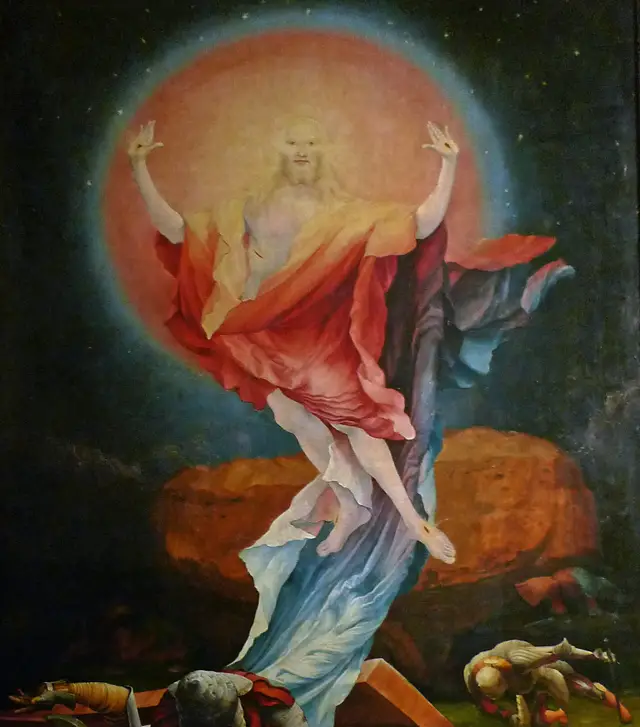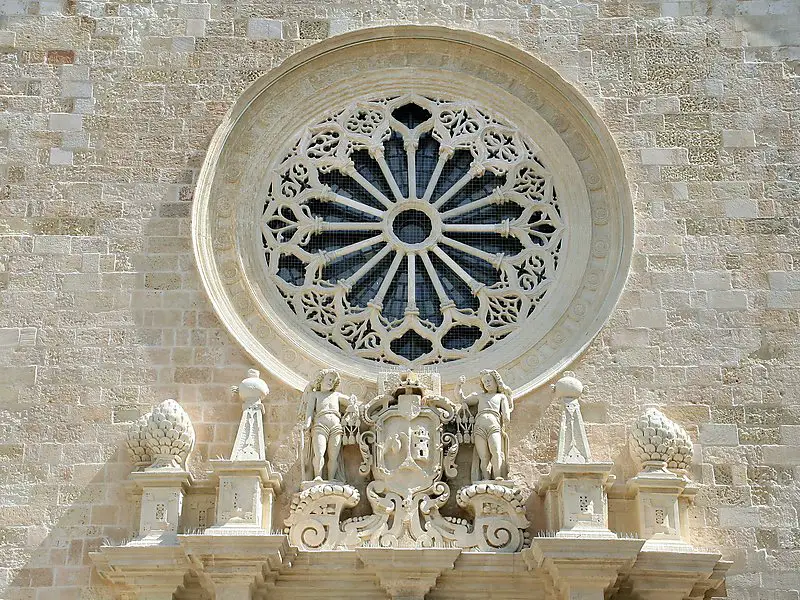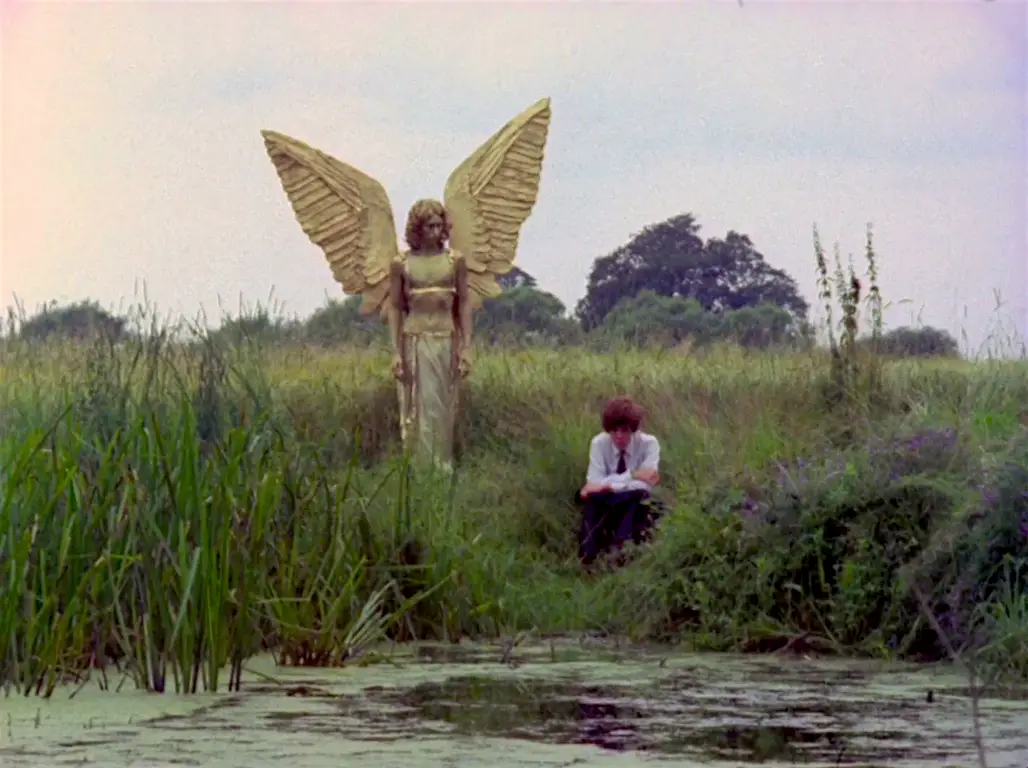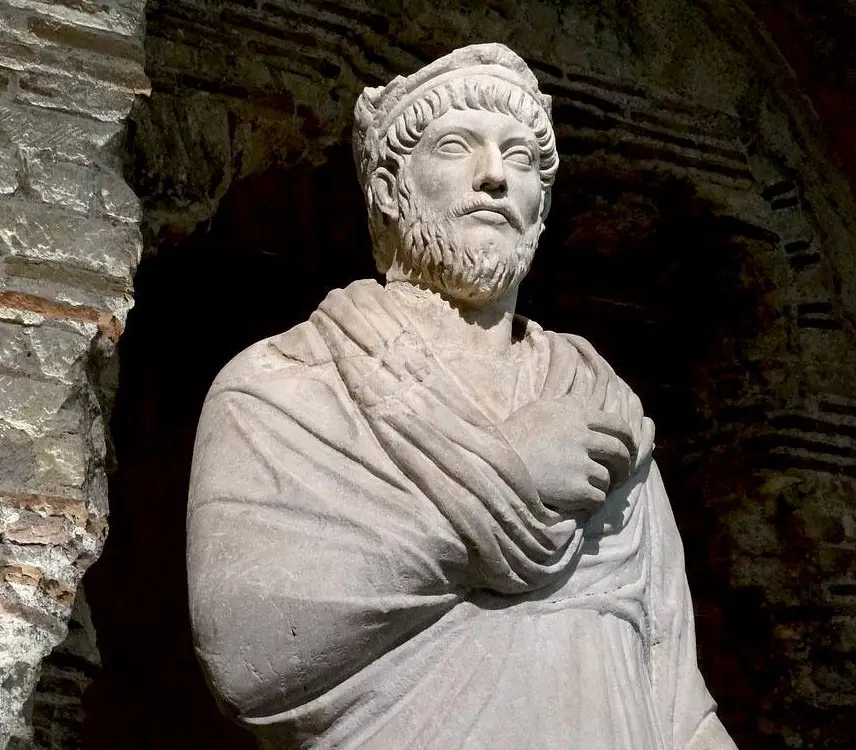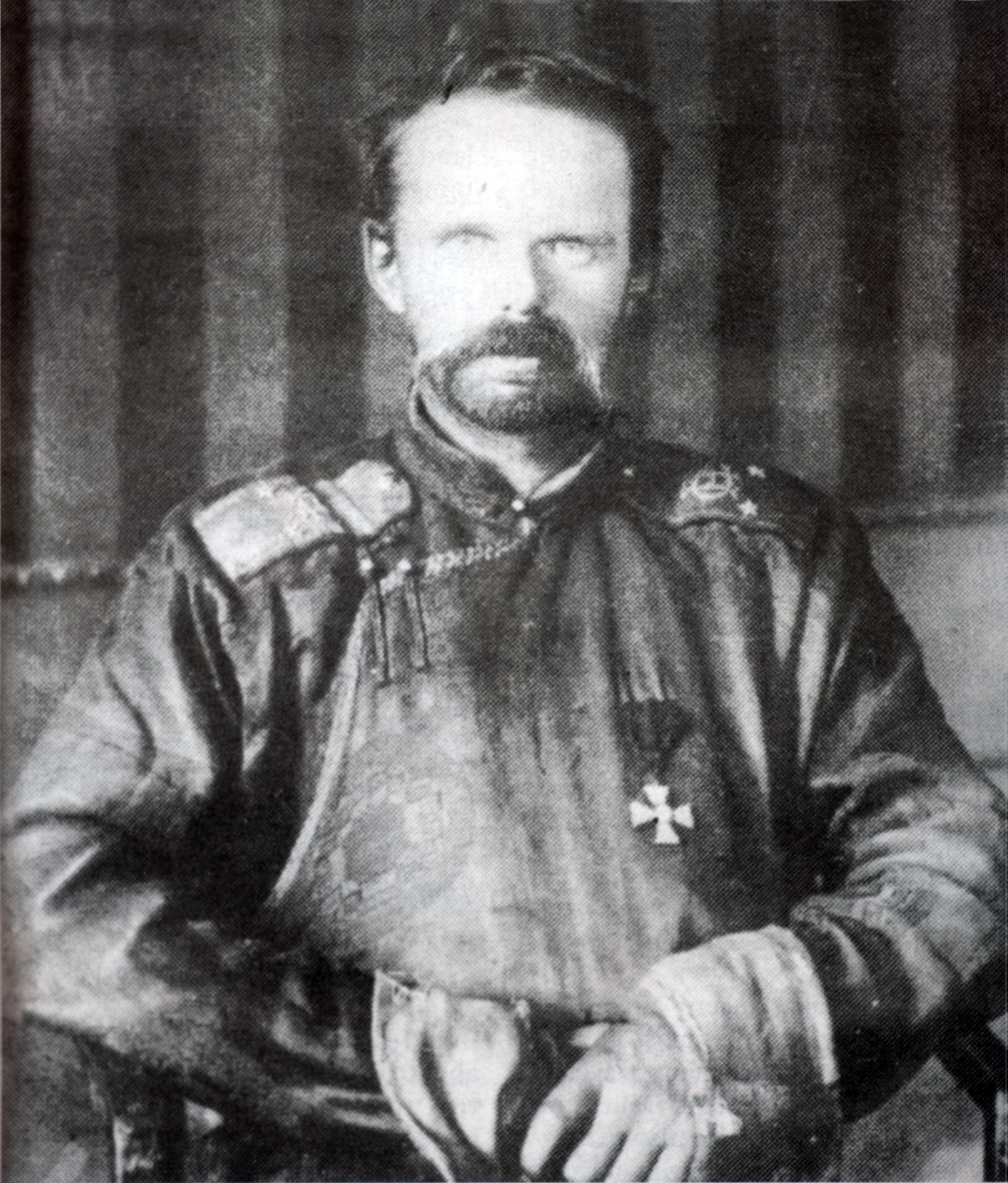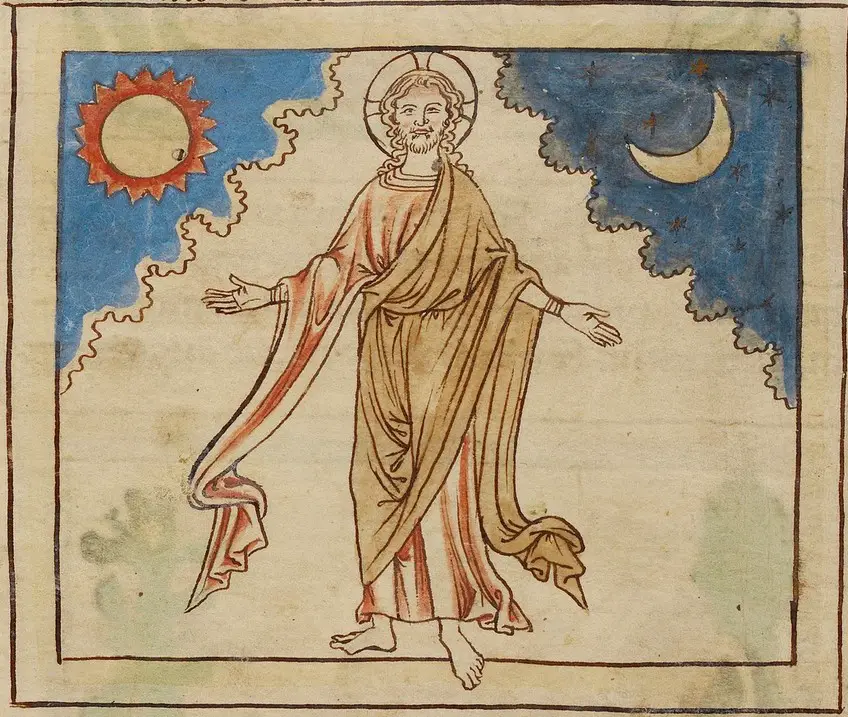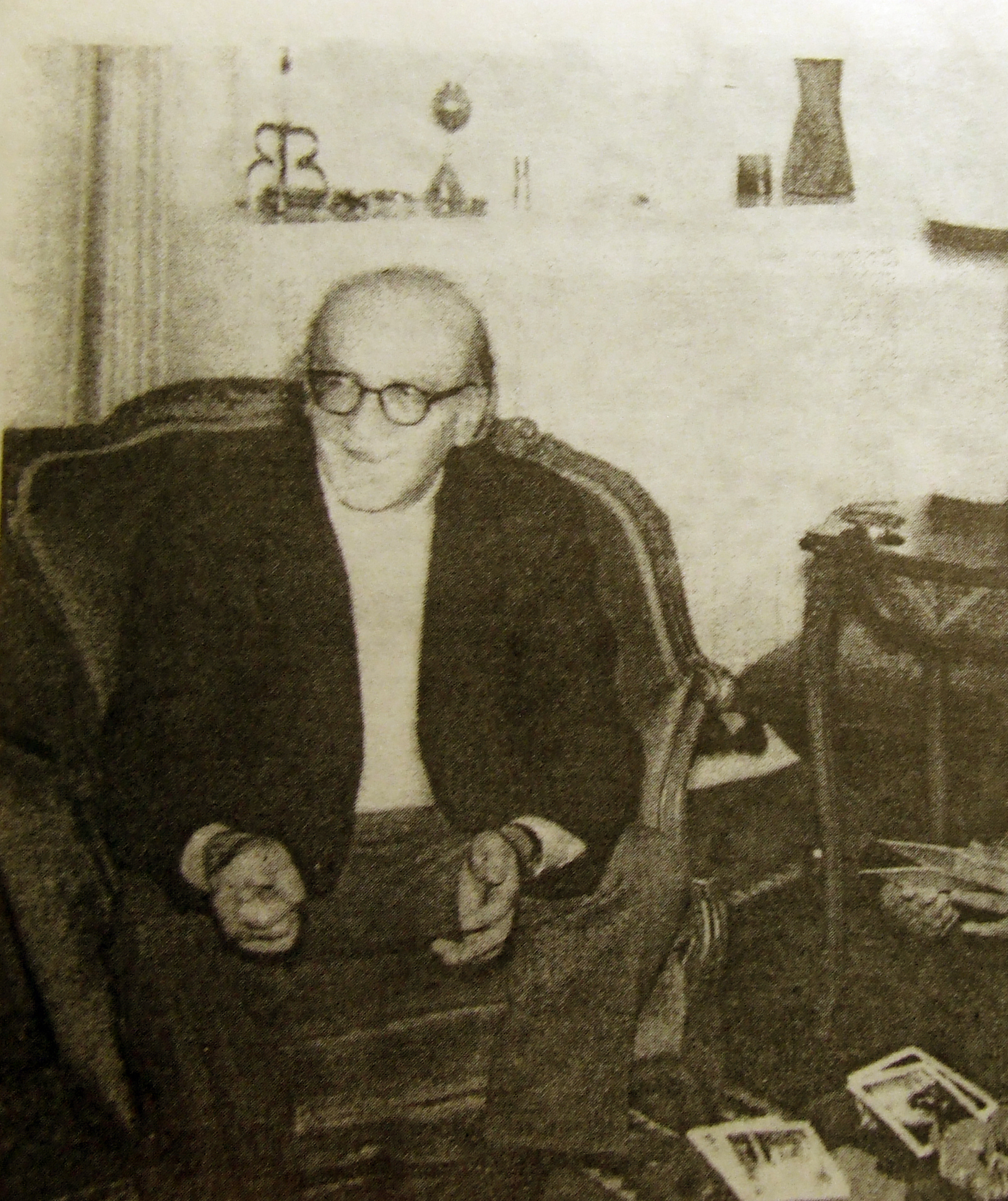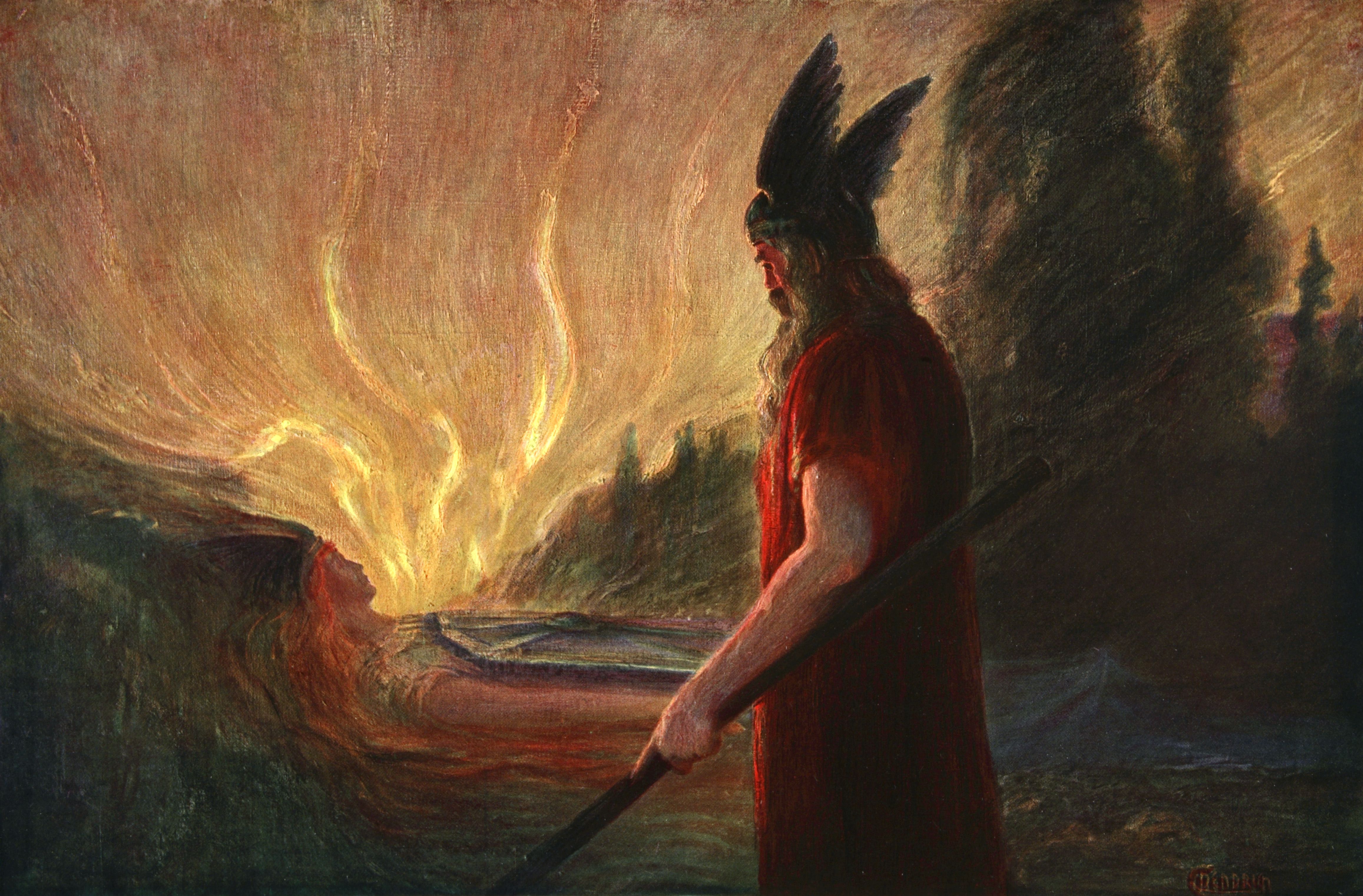Tag: Christianity
Considerations on the question of hierolanguage in the Middle Ages (II)
In its millennial path, medieval Christian philosophy finds itself facing the issues of the creation of the universe through the divine Word, of the Adamic language and of the post-Babelic confusion to which the multiplicity of human languages is attributed. Despite the dogmatic adherence to the biblical canon and to the fundamental Platonic and Aristotelian references, important contributions to this study will come on the one hand from the esoteric doctrine of Judaism, the Kabbalah, on the other from the work of Dante Alighieri.
Considerations on the question of hierolanguage in the Middle Ages (I)
The true origin of verbal language is a mystery that is lost in the mists of the most remote past of mankind. This universal and transversal theme (which is linked to that of the arcane power of the word and in particular the evocation of Divine Names) in Western civilization has been the subject of speculative and theological reflection since the times of Greek philosophy, maintaining its centrality also in the philosophical culture of the Christian Middle Ages.
Mircea Eliade: "Cosmic cycles and history"
"Even within the framework of the three great Iranian, Jewish and Christian religions, which have limited the duration of the cosmos to a certain number of millennia, and affirm that history will definitively cease in illo tempore, there are traces of the ancient doctrine of the periodic regeneration of history »: Very ancient doctrine that Eliade, in his essay“ The myth of the eternal return ”, finds in the Babylonian, Hindu, Buddhist, Germanic and Hellenic tradition.
Blood Metaphysics
Blood has always been considered, in the history of ideas, the vector of a powerful magical force and the vehicle of a complex and varied symbolism, starting with the rock paintings dating back to the Paleolithic to reach the three "book" religions (Christianity, Islam, Judaism), passing through the cosmogonic myths of ancient traditions (Babylonian, Hindu, Norse, etc.), obviously without neglecting its use in traditional oriental medicine and its sacrificial value within ceremonial practices.
“The Wicker Man”: from folklore to folk-horror
For the making of "The Wicker Man", Robin Hardy and Anthony Shaffer delved into British folklore and modeled the Beltane ceremony and its preparations on the ancient propitiatory rites of Calendimaggio and the late winter procession, centered on the ritual sacrifice of the "Fool "," King of Disorder ".
The pilgrimage to the subtle body: a little-big book by Annick de Souzenelle
In "Va 'verso te", recently published in Italian by Edizioni Tlon, Gallican Catholicism, Alexandrian Gnosticism, Jewish Kabbalah, Greek myths and depth psychology converge, among other things. loci privileged incarnation of the eternal archetypes.
The rites of Easter night as an initiatory mystery
The lighting of the fire, the texts that trace the sacred history, the rite of water that evokes the mystery of death-and-resurrection of baptism. The Sacred Meal of the Body and Blood of Christ: "the greatest hierophany" according to Mircea Eliade. The liturgy of the Easter vigil transmits a mysterious and initiatory meaning over the centuries.
On the sacred symbolism of the floor mosaic of the Cathedral of Otranto
Taking a cue from the studies of authors such as Burckhardt, Eliade, Guénon and Chevalier on the "constructive symbolism" of cathedrals, we deal here with that of Santa Maria Annunziata di Otranto in Puglia.
“The Walking Dead”: an attempt at esoteric deciphering
Our film analysis column is back: this time we deal with the esoteric aspects of the famous TV series created by Frank Darabont and inspired by the comic by Robert Kirkman.
“Penda's Fen”: the sacred daimon of ungovernability
The revolt against the modern world and the initiatory journey of the young Stephen through his encounter with angels, demons and the ancient pagan powers of the English Motherland, in this undiscovered jewel of the Seventies British folk-horror.
Jean Markale: the Other World in Druidism and Celtic Christianity
Examination of the French scholar on the beliefs concerning the afterlife in the Druidic-Gaelic tradition and on how, with the advent of Christianity, they resulted in the literature of "navigations" and in the canonization of Purgatory.
The solar monotheism of the Emperor Flavius Claudius Julian
The swan song of Mediterranean "paganism" and ancient sacred thought in the last attempt of the last emperor of Rome, who paid his personal resistance by being branded as "Apostate"
Von Ungern-Sternberg's religiosity: between Buddhism, shamanism and Christianity
di Amodio of War
There are characters that history puts on the back burner. The Great History, the one with a capital "S", the one taught at school, high school, university, marginalizes, forgets, excludes these characters. I have never found the name of Roman Fëdorovič Nicolaus von Ungern-Sternberg in those “fashionable” encyclopedias, in “official” books, in university manuals. When we talk about the Russian Civil War, and especially the White Army, the names of the admiral are always mentioned Kolchak, of the generals Vrangel ', Kornilov, Denikin, but I have never heard of the name "von Ungern-Sternberg".
Astrological Considerations on the Gospel: A Solar-Based Soteriology
di Andrew Casella
cover: “The creation of the Sun, the Moon and the stars”, ca. 1250-1260
The cycle of articles dedicated to sacred astronomy by Andrea Casella continues. In this appointment and in the one that will follow, the author focuses on the soteriology of the Christian Gospels, identifying the references — most of the time now forgotten and therefore misunderstood — to the ancient astroteological tradition. In this first part we will analyze in a special way the figure of John the Baptist and his relationship with Jesus (especially as regards "baptism") and that of Judas the Iscariot, connected with the constellation of Scorpio.
Mircea Eliade: "The myths of the modern world"
In the first chapter of his study Myths, dreams and mysteries (published in 1957), the Romanian historian of religions Mircea Eliade deals with the question of the survival of the Myth, more or less "disguised", in the modern world. The question from which his analysis starts is the following: "What have myths become in modern societies?" Or rather: what occupied the essential place that myth had in traditional societies?». With these premises, Eliade therefore investigates the function of mythical thought in the twentieth century, analyzing in the first place the different types of eschatology underlying the political myths of our time: the "communist myth" and the "national socialist" one.
Guido von List and the magical-religious tradition of the Ariogermans
At the turn of the nineteenth and twentieth centuries, using an approach halfway between the anthropological and the occult, the Viennese scholar Guido von List attempted a reconstruction of the Germanic Urgrund, analyzing the more esoteric aspects of the cosmogony and pre-Christian religion of the ancient Central European peoples .
di Marco Maculotti

